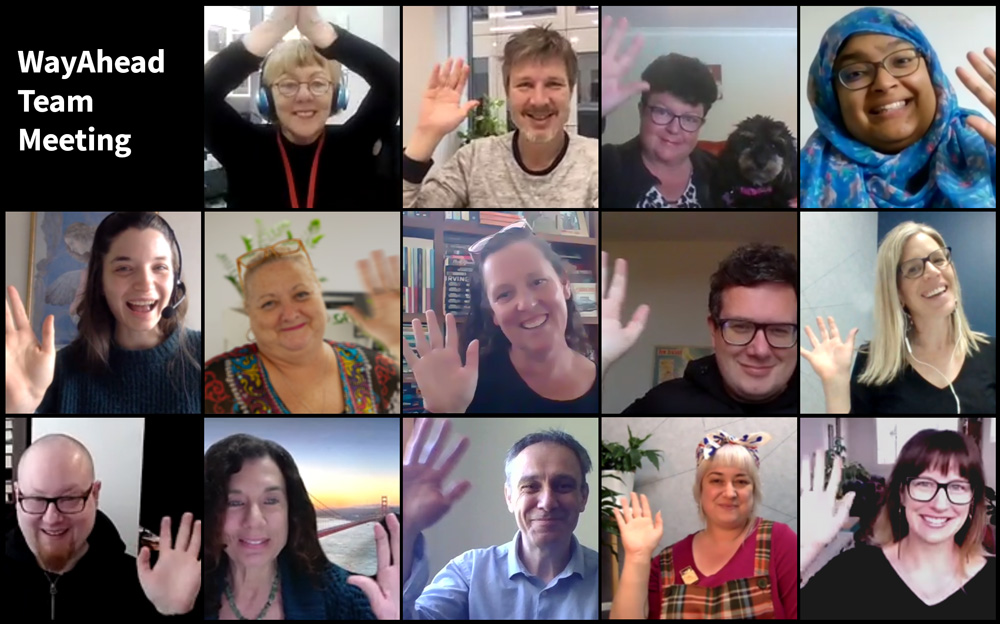Caught in the cycle of ‘need experience to get a job; need a job to get experience’, mental health issues such as stress, anxiety and depression are rising alongside unemployment rates – and young Australians are among those who are the most affected.
The Participation, Job Search and Mobility survey conducted by the Australian Bureau of Statistics (February 2016) shows that around 819,400 people were unemployed at the time of the study.(1) A closer look reveals that of the 819,400 unemployed, 15% were aged 15 to 24 years and 21% were aged 25 to 34 years.
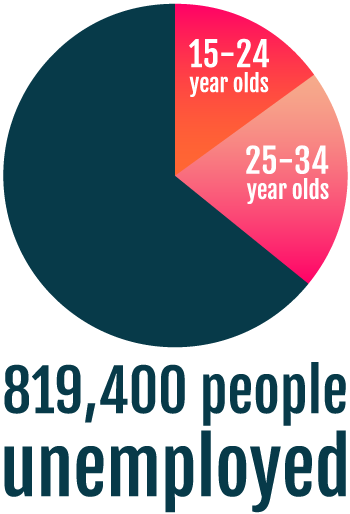
In 2015, Roy Morgan Research also released findings that found that as the youth unemployment rate rose, mental health issues among young people simultaneously rise.(2) The key findings in that report showed that there had been a 9.7% increase in rates of stress as well as 8.1% increase in depression amongst young Australians since 2010.
The Group Account Director of the Roy Morgan Research, Angela Smith, said that the mental health impacts of unemployment for young Australians were severe.
“At this critical stage of a young person’s life and career, failure to find a job can have serious implications on their self-esteem and general mental health. It is not coincidence that stress, anxiety, depression and even panic attacks have sky rocketed in incidence over the past five years among 18-24 year olds as unemployment rises.”
Looking at the Foundation for Young Australian ‘The New Work Order’ report, the situation looks even more challenging because young Australians (aged 20-24) are about to face the biggest disruption to the workplace since the industrial revolution.(3) Young people will be disproportionately affected by digital disruption and automation, with the report suggesting that 70% of entry-level jobs are at risk of automation while 60% of young people are currently studying for jobs that will be affected by automation.
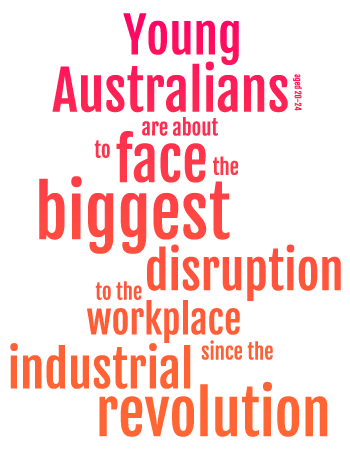
High unemployment rates, coupled with the growing mental stress and anxiety from unemployment, mean that young people are even more vulnerable to being locked out of the workforce. Young Australians are staying longer in education and are more qualified but are unemployed or underemployed.
Raise, a youth mentoring foundation, offers best-practice mentoring programs for students in high school who are at risk of disengaging with education. The Career Program was piloted earlier this year featuring soft-skills based workshops in partnership with mentors from corporate companies. These workshops focus on setting goals, interview skills and career planning.
The Program Officer, Jenny Moulder, said the Career Program hopes to empower young people to become resilient, capable and connected through workshops.
“It makes a really big impression on the students because some of them have actually never been to the city before so they get to see the options available to them…They feel much more confident than before in their career choices for life after school.”
Ms Moulder understands that more young people are likely to experience anxiety, whether due to their personal circumstances or uncertainties regarding their futures.
“At the heart of what we do is that we know suicide is the biggest cause of death for young people and we don’t want a young person with mental health difficulties to get to that stage where they think of suicide as an option. We want them to think ‘you know what, I’m not okay but I will speak to someone about this’.”
If you are a young person experiencing distress or if you are concerned about your mental health, please contact Kids Helpline on 1800 55 1800 or Lifeline on 13 11 14. You can also take a look at their websites at kidshelpline.com.au or lifeline.org.au

